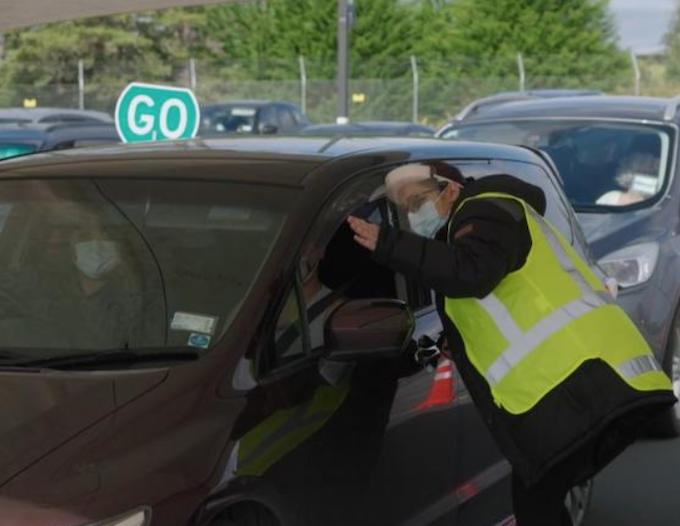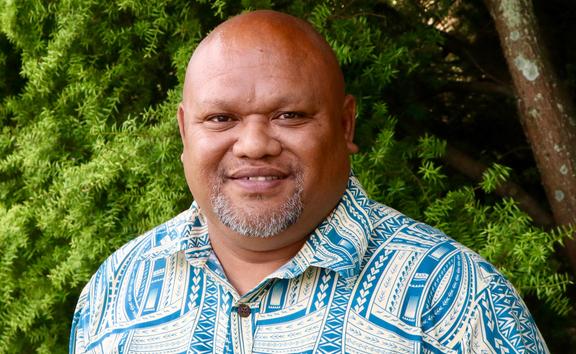
Pacific health providers say a major New Zealand government funding boost is not just a recognition of the critical role they play in reaching Pasifika communities, but of the urgent and sustained response that the delta variant demands
The government has announced a NZ$26 million package of support for the Pacific community which is bearing the brunt of the current covid-19 Delta outbreak.
It also announced a $23 million boost in funding to Whānau Ora to be divided between its three agencies including Pasifika Futures.
The funding comes with immediacy because health officials recognise the fast moving delta variant demands an urgent response.
Especially since the number of Pacific people infected is high, as is the number of Pacific peoples isolating.
Director of Pacific Health, Gerardine Clifford-Lidstone said the funding would firstly secure the services of Pacific provider networks in Auckland and Wellington regions where Pasifika needed the most, and immediate, support.
“The second is to support mobile services and ensure that people can get tested in the home and vaccinated in the home and have other health issues dealt with,” Clifford-Lindstone said.
“And then the third one is communications to ensure that our communities have access to information around vaccines and that needs to be in ethnic specific languages.”
Maintaining momentum
The boost will help maintain momentum in the vaccine rollout and ongoing testing, which Pasifika Futures’ CEO Debbie Sorensen said had been met with a great response by the Pacific community
“And the Whānau Ora money will of course support people being able to stay in their bubbles. Being able to stay safe and keep their families fed and a roof over their families. We’ve had an assurance from Te Puni Kōkiri that we will have that money in our hands tomorrow,” Sorensen said.
She said there was no question that until now Pacific providers generally had been under-funded.
“They were not funded with any flexibility to meet a surge demand. So this will go some way to making sure that as a community we’re able to respond and support our families over the next fortnight but also to be looking into the future about what we do next,” she said.

Tevita Funaki of Pacific health and social support provider The Fono welcomes the funding boost.
He said the health and social strains from this outbreak would have a significantly longer tail than those the community experienced after lockdowns last year.
And with the level of demand for The Fono’s food packages this time around, families needed more sustained support.
Welfare support initiative
“The welfare support, so there’s a welfare support initiative that is supporting especially those that are in isolation. We’ll be able to maintain that because now we will have the ability to re-deploy staff into it. So this will help not only to scale it up, or help to resource it, but also will help to continue it, at least for the short to medium term,” said Funaki.
The innovation manager of Pacific health, disability and social services provider Vaka Tautua, Bernice Mene, said the boost made public health sense given what her organisation had seen working throughout the country.
“And a lot of the feedback is that they are keen for vaccinations but the access, there’s problems with access. And our disabilities community as well. It’s being able to access the vaccination stations, the essential workers or the workers as well,” Mene said.
She said increased support for communication, getting Pacific communities the essential information in a way they could access was also vital in the pandemic response.
- New Zealand health authorities have reported 28 new cases of covid-19 in the community today.
- The total number of cases in the current outbreak is now 764. Of those, 33 cases have recovered and there are 731 active cases.
- There were 49 new community cases reported yesterday.
This article is republished under a community partnership agreement with RNZ.











































